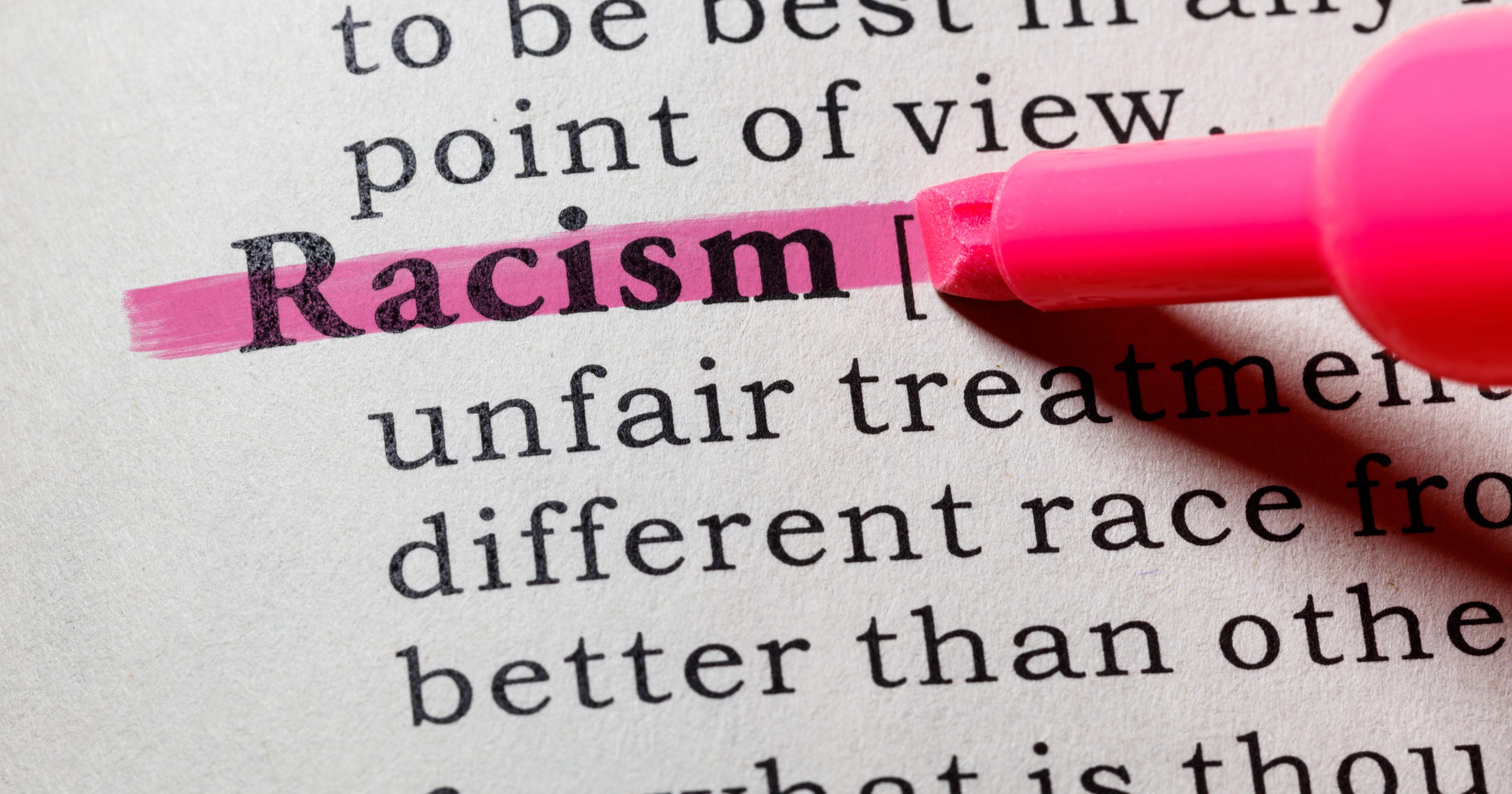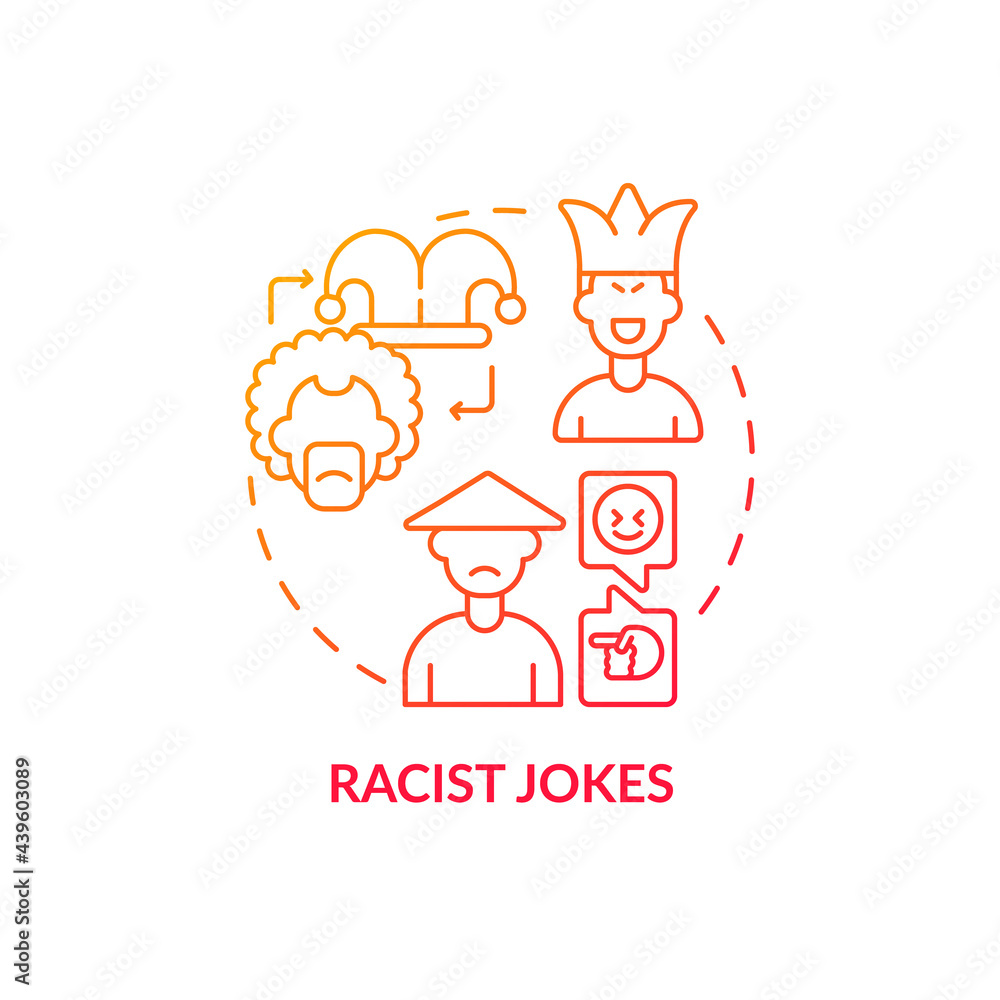The debate surrounding racist jokes has persisted for generations, igniting discussions about humor, sensitivity, and cultural awareness. These jokes often rely on harmful stereotypes and prejudiced attitudes, which can perpetuate discriminatory behavior and attitudes. Although they may be prevalent in some social circles, it is crucial to critically examine why these jokes are problematic and the broader societal implications they carry.
In a world striving for equality and inclusivity, racism in any form is unacceptable. While some may perceive racist jokes as harmless, they can deeply affect others, reinforcing systemic inequalities and fostering discrimination. This article aims to shed light on the damaging effects of such jokes and explore healthier, more inclusive forms of humor.
By delving into the complexities of racist humor, we can better understand its implications and work toward creating a more empathetic and respectful society. This article will explore various aspects of racist jokes, including their origins, effects, and alternatives that can promote understanding and unity.
Read also:Robert Sean Leonard A Timeless Icon In Hollywood
Table of Contents
- Profiles of Influential Figures in the Discourse on Racist Jokes
- What Constitutes a Racist Joke?
- Examples of Racist Jokes and Their Consequences
- A Historical Overview of Racist Humor
- The Psychological Basis of Racist Jokes
- The Broader Societal Effects of Racist Jokes
- Positive Alternatives to Racist Jokes
- Legal and Ethical Considerations
- The Role of Education in Addressing Racist Jokes
- Conclusion: Building a More Inclusive Society
Profiles of Influential Figures in the Discourse on Racist Jokes
Throughout history, various individuals have both perpetuated and challenged the use of racist jokes. Below is a concise overview of some key figures who have significantly influenced discussions on this topic:
Data and Profiles
| Name | Occupation | Notable Contributions |
|---|---|---|
| Richard Pryor | Comedian | Challenged racial stereotypes in his comedy, paving the way for more inclusive humor |
| Don Rickles | Comedian | Known for his sharp wit, though occasionally criticized for incorporating racial humor into his routines |
| Trevor Noah | Comedian, Journalist | Explores themes of race and identity in his work, fostering dialogue on cultural sensitivity |
What Constitutes a Racist Joke?
Racist jokes are a form of humor that relies heavily on racial stereotypes, prejudices, and discriminatory attitudes. These jokes often target specific ethnic groups, perpetuating harmful beliefs and creating division within communities. Despite some arguments that they are "just jokes," their impact can be extensive and detrimental.
Characteristics of Racist Jokes
- Reinforce negative stereotypes about race or ethnicity
- Can be deeply offensive and hurtful to marginalized communities
- May contribute to systemic racism and reinforce discriminatory practices
Examples of Racist Jokes and Their Consequences
Below are examples of racist jokes and an analysis of their effects:
Example 1: Ethnic Stereotypes
A prevalent type of racist joke involves perpetuating stereotypes about specific ethnic groups, such as implying they are lazy, unintelligent, or prone to criminal behavior. These jokes can harm individuals by reinforcing negative perceptions and validating prejudiced beliefs, leading to real-world consequences such as discrimination and social exclusion.
Example 2: Cultural Insensitivity
Another common example involves jokes that mock cultural traditions or languages, undermining the value of diverse practices and fostering disrespect for different ways of life. Such humor can alienate individuals and communities, creating barriers to understanding and unity.
A Historical Overview of Racist Humor
Racist humor has a long and troubling history, with roots in performances like 19th-century minstrel shows that caricatured African Americans. These performances perpetuated harmful stereotypes that persisted for generations. Understanding this history is essential to recognizing the lasting impact of racist jokes today and working toward their elimination.
Read also:Hdhub4u Bollywood Movies Hdhub4u
The Psychological Basis of Racist Jokes
Psychologists have extensively studied why people tell racist jokes and how they affect listeners. Some individuals use humor as a means to express underlying prejudices, while others may tell such jokes to fit in with a group or alleviate tension. However, the psychological impact on those targeted can be devastating, leading to feelings of exclusion, diminished self-worth, and even trauma.
The Broader Societal Effects of Racist Jokes
Racist jokes contribute to a culture of division and discrimination, affecting society as a whole. They can:
- Create an environment of fear and hostility for marginalized groups
- Undermine efforts toward equality and inclusivity
- Reinforce systemic racism within institutions and communities
Positive Alternatives to Racist Jokes
Instead of relying on racist humor, individuals can explore alternative forms of comedy that promote understanding and unity. Examples include:
- Self-deprecating humor that encourages introspection and humility
- Observational comedy that highlights shared human experiences
- Storytelling that celebrates diversity and fosters empathy
Legal and Ethical Considerations
In many countries, laws exist to protect individuals from hate speech and discriminatory practices, including racist jokes. Ethically, promoting respect and empathy is crucial in creating a harmonious society. Organizations and individuals must be aware of these implications and strive to uphold ethical standards, ensuring that humor does not come at the expense of others' dignity.
The Role of Education in Addressing Racist Jokes
Education plays a vital role in addressing the issue of racist jokes. Schools and institutions can teach students about the dangers of stereotypes and the importance of respecting diversity. By fostering an environment of inclusivity and understanding, we can reduce the prevalence of racist humor and its harmful effects, promoting a more equitable society.
Conclusion: Building a More Inclusive Society
Racist jokes, often dismissed as harmless, have significant and lasting impacts on individuals and society. By examining their origins, effects, and alternatives, we can work toward a more inclusive and respectful world. It is essential to recognize the power of words and choose humor that unites rather than divides.
We invite you to join the conversation by leaving a comment or sharing this article with others. Together, we can promote understanding and foster a culture of empathy and respect. For further reading, explore our other articles on related topics and continue the journey toward a more inclusive society.
References:
- Anderson, C. (2020). The Psychology of Racism. Journal of Social Issues.
- Baldwin, J. (1963). The Fire Next Time. Vintage Books.
- United Nations. (2021). Combating Racism and Discrimination.


